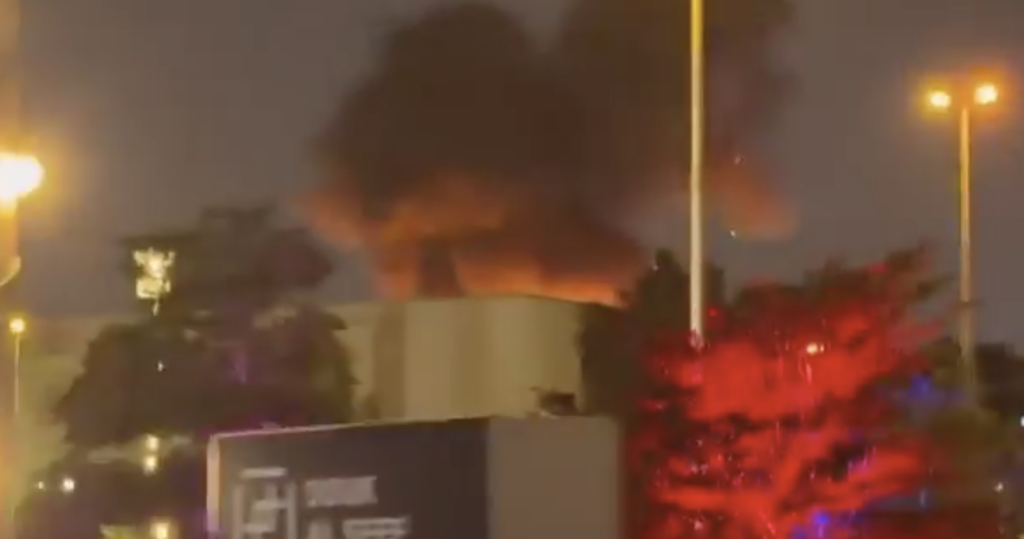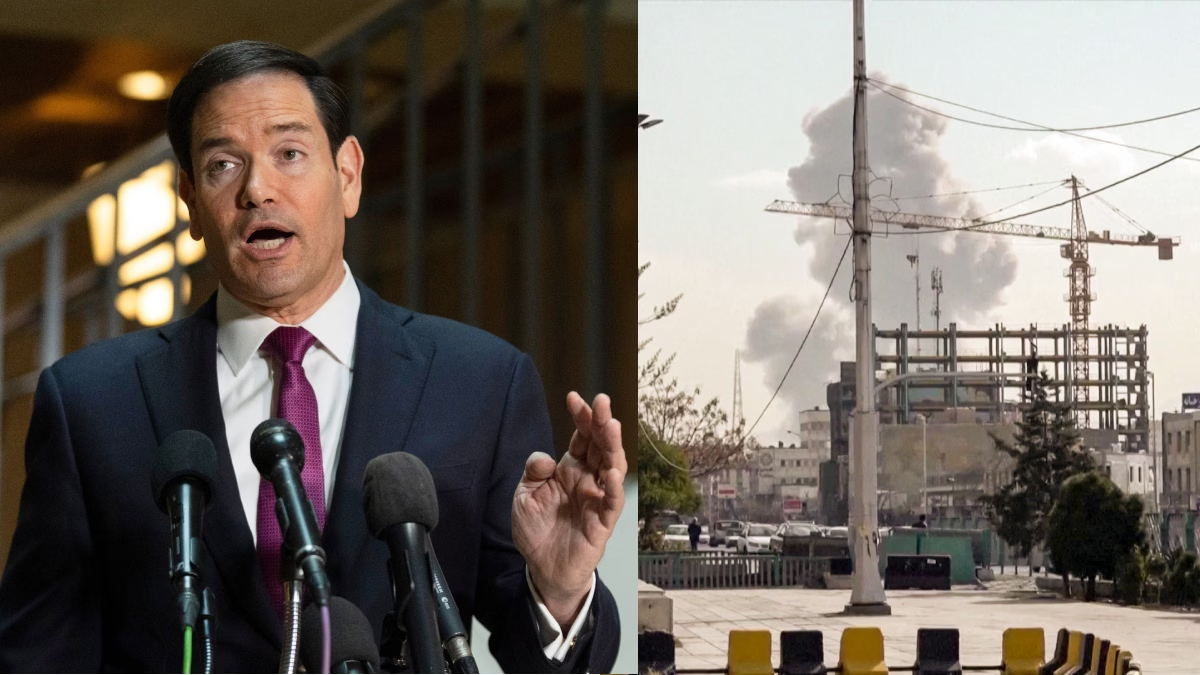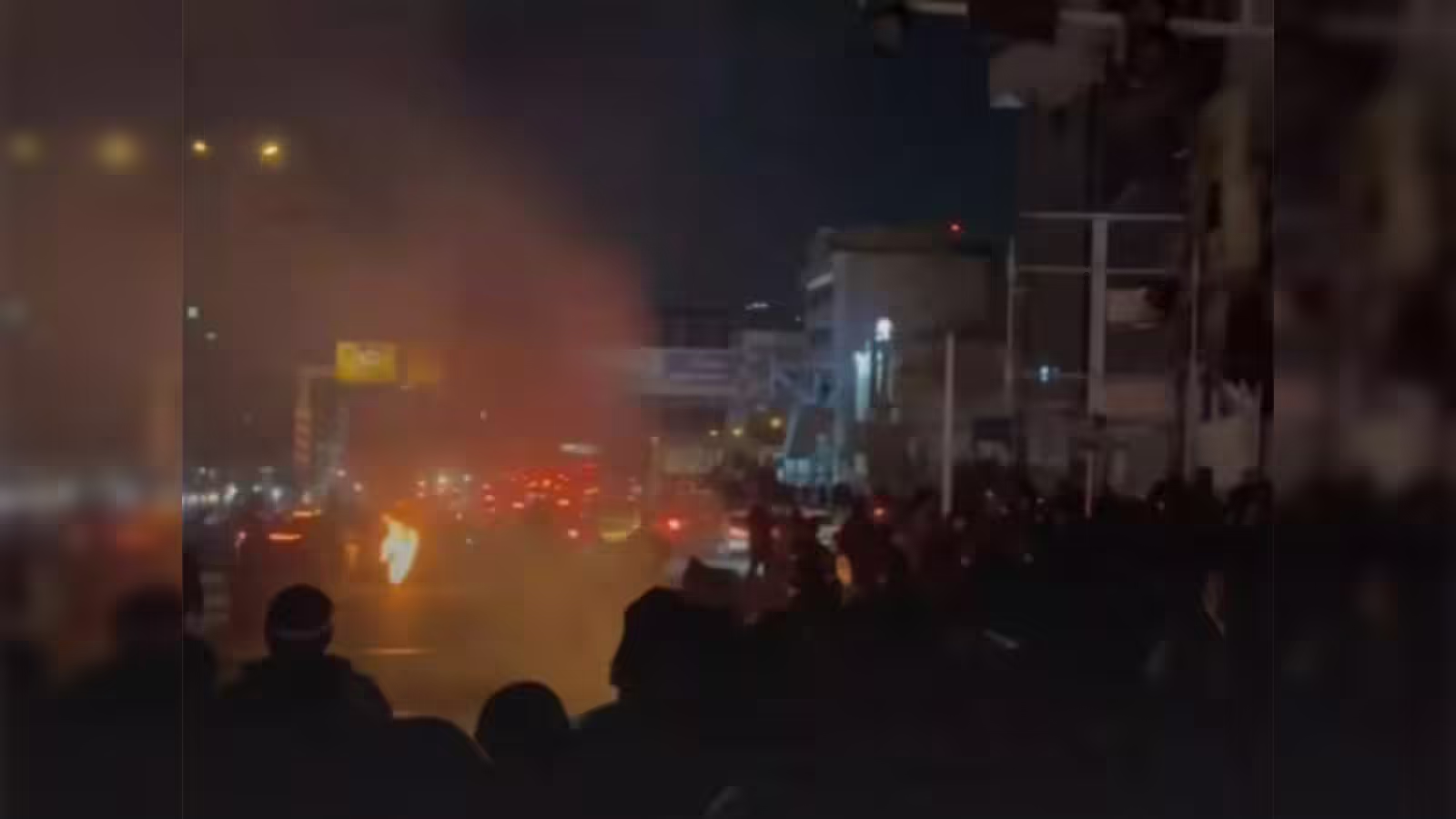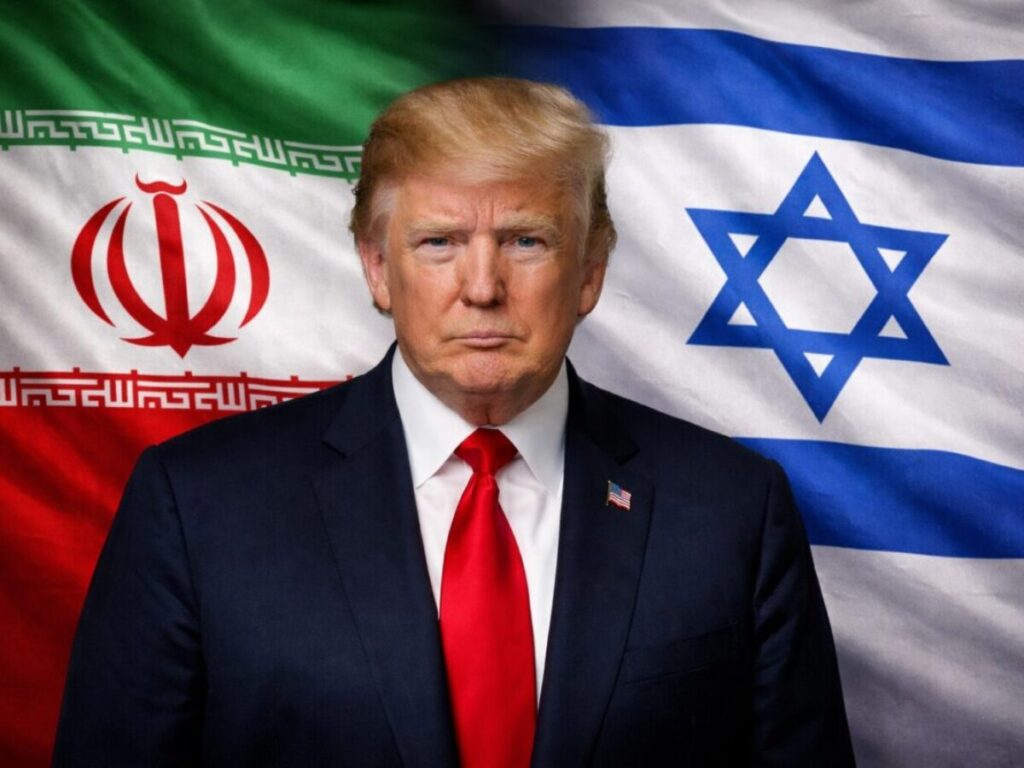
Ukrainian President Volodymyr Zelensky confirmed on Saturday that Kyiv would honor a surprise Easter truce declared by Russian President Vladimir Putin.
The ceasefire, set to last until midnight Sunday, was hailed as the most substantial pause since the war began over three years ago.
However, mere hours after the ceasefire’s scheduled start, air-raid sirens wailed across Kyiv and other regions, casting doubt on Moscow’s sincerity.
Zelensky accused Russia of continuing artillery fire and ground assaults, saying combat operations remained active on multiple frontline sectors.
The truce announcement followed mounting pressure from U.S. President Donald Trump, who had threatened to withdraw from peace talks without progress.
Putin cited “humanitarian reasons” for the temporary halt in fighting and ordered his troops to remain on alert for potential provocations.
Zelensky proposed extending the truce beyond Easter, suggesting a 30-day ceasefire to “give peace a chance,” but cast doubt on Russia’s intentions.
In Kramatorsk, weary Ukrainian soldiers expressed deep skepticism, recalling past truces that quickly collapsed amid continued Russian attacks.
“Of course, we don’t trust them,” said one soldier, echoing sentiments shared by many on the front line.
Meanwhile, both nations completed a major prisoner swap on Saturday, each returning 246 captured fighters in a deal brokered by the United Arab Emirates.
Zelensky said the exchange brought the total number of Ukrainian soldiers returned home to 4,552 since the war began.
Despite the ceasefire order, Ukraine’s military reported ongoing drone activity and shelling in some regions, though acknowledged relative calm in others.
On the streets of Moscow, some Russians voiced opposition to the truce, insisting Ukraine should not be given a moment of relief.
Zelensky warned that without genuine action, “killings will continue,” calling for global vigilance and renewed efforts toward lasting peace.




